Heartland Local Food (2020)
Gênero : Documentário
Runtime : 57M
Director : Benjamin Garner, Ph.D.
Sinopse
This film explores food sustainability, how farmers' markets build community, and why local food matters. Filmmaker Dr. Benjamin Garner is an Associate Professor at the University of North Georgia. He produces films on food, marketing, and tourism. Dr. Garner consults with companies on soft skills training and produces video ads for web and social media.

Os autores investigam a cadeia de produção dos alimentos nos EUA, desde a manipulação e o monopólio de grãos e cereais à criação e abate de animais para consumo, expondo a fragilidade dos organismos de fiscalização e os danos causados à sociedade.

Lança luz sobre uma abordagem alternativa à agricultura chamada "agricultura regenerativa" que poderia equilibrar nosso clima, reabastecer nossos vastos suprimentos de água e alimentar o mundo.

This documentary takes a piercing investigative look at the economic, political and ecological implications of the worldwide disappearance of the honeybee. The film examines our current agricultural landscape and celebrates the ancient and sacred connection between man and the honeybee. The story highlights the positive changes that have resulted due to the tragic phenomenon known as "Colony Collapse Disorder." To empower the audience, the documentary provides viewers with tangible solutions they can apply to their everyday lives. Vanishing of the Bees unfolds as a dramatic tale of science and mystery, illuminating this extraordinary crisis and its greater meaning about the relationship between humankind and Mother Earth. The bees have a message - but will we listen?
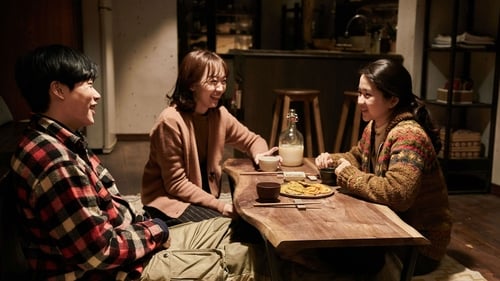
Clássico drama de coming-of-age, "Little Forest" segue a história de Hye-won, uma jovem que desiludida com a vida na cidade, decide retornar à sua cidade natal no campo. Lá, ela encontra paz e significado em seu dia-a-dia, redescobrindo valores importantes através do cultivo de alimentos, das estações e da natureza. O filme explora a relação entre humanos e natureza, e a maneira como a culinária pode conectar e unir pessoas de diferentes gerações.
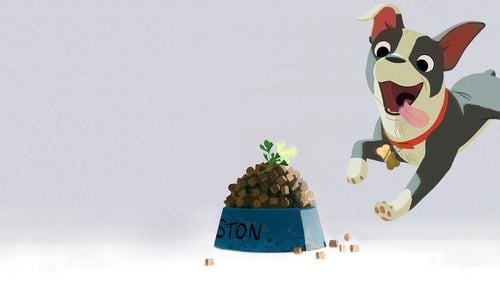
A vida amorosa de um homem vista através dos olhos do melhor amigo dele: Winston, um cãozinho que adora comer. A cada mordida das refeições que dono e bichinho de estimação compartilham, cresce uma bela história de amor entre o homem e uma mulher.
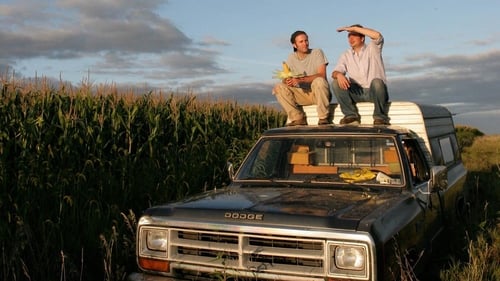
King Corn is a fun and crusading journey into the digestive tract of our fast food nation where one ultra-industrial, pesticide-laden, heavily-subsidized commodity dominates the food pyramid from top to bottom – corn. Fueled by curiosity and a dash of naiveté, two college buddies return to their ancestral home of Greene, Iowa to figure out how a modest kernel conquered America. With the help of some real farmers, oodles of fertilizer and government aide, and some genetically modified seeds, the friends manage to grow one acre of corn. Along the way, they unlock the hilarious absurdities and scary but hidden truths about America’s modern food system in this engrossing and eye-opening documentary.

Baseado em um mangá de Daisuke Igarashi, o filme conta a história de Ichiko (Ai Hashimoto), uma jovem que decide sair da cidade e voltar para o campo. Ela agora vive sozinha e sobrevive com os próprios alimentos que planta.
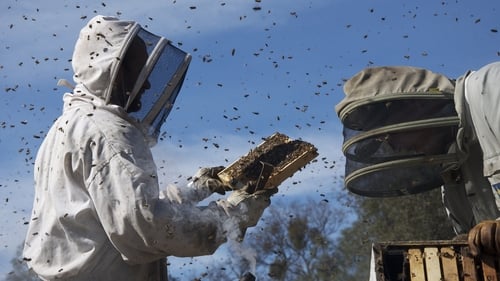
De há três anos a esta parte as abelhas andam a morrer em todo o mundo. Embora as causas ainda continuem a ser um mistério, uma coisa é clara: está em causa algo mais do que a simples morte de uns quantos insectos e bem mais do que apenas uma questão de mel. Em busca de respostas, o filme embarca numa viagem para encontrar as pessoas cujas vidas dependem das abelhas: de um apicultor suíço que vive nos Alpes até aos gigantescos pomares de amendoeiras na Califórnia, passando por um investigador do cérebro das abelhas em Berlim, uma comerciante de pólen na China e as abelhas assassinas do deserto do Arizona. Todos referem o desaparecimento das abelhas. O filme fala-nos das suas vidas. E das nossas.
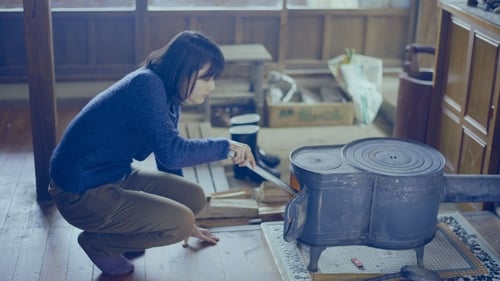
Ichiko bakes a cake for an end-of-year party with her friends. In the depths of winter, making mochi and curry keeps the people of Komori warm. Later, spring brings thoughts of her absent mother as well as rice planting and sakura, and she begins to think of leaving Komori behind again.

For ancient Mayans, cocoa was as good as gold. For subsistence farmer Eladio Pop, his cocoa crops are the only riches he has to support his wife and 15 children. As he wields his machete with ease, slicing a path to his cocoa trees, the small jungle plot he cultivates in southern Belize remains pristine and wild. His dreams for his children to inherit the land and the traditions of their Mayan ancestors present a familiar challenge. The kids feel their father's philosophies don't fit into a global economy, so they're charting their own course. Rohan Fernando's direction tenderly displays a generational shift, causalities of progress in modern times and a man valiantly protecting an endangered culture. Breathtaking vistas of lush rainforests contrast with the urban dystopia that pulled Pops children away from him. Will one child return to carry on a waning way of life
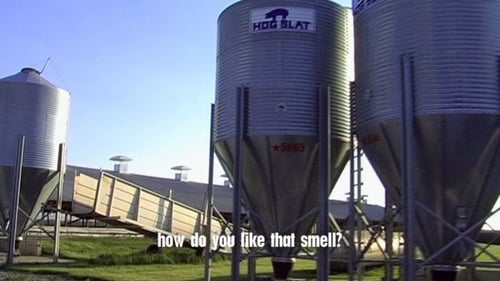
FRESH is more than a movie, it’s a gateway to action. Our aim is to help grow FRESH food, ideas, and become active participants in an exciting, vibrant, and fast-growing movement.

At the focal point of this movement, and of this film, are the farmers and chefs who are creating a truly sustainable food system. Their collaborative work has resulted in great tasting food and an explosion of consumer awareness about the benefits of eating local. Attention being paid to the local food movement comes at a time when the failings of our current industrialized food system are becoming all too clear. For the first time in history, our children's generation is expected to have a shorter lifespan than our own. The quality, taste and nutritional value of the food we eat has dropped sharply over the last fifty years. Shipped from ever-greater distances, we have literally lost sight of where our food comes from and in the process, we've lost a vital connection to our local community and to our health.

A look at man's relationship with Dirt. Dirt has given us food, shelter, fuel, medicine, ceramics, flowers, cosmetics and color --everything needed for our survival. For most of the last ten thousand years we humans understood our intimate bond with dirt and the rest of nature. We took care of the soils that took care of us. But, over time, we lost that connection. We turned dirt into something "dirty." In doing so, we transform the skin of the earth into a hellish and dangerous landscape for all life on earth. A millennial shift in consciousness about the environment offers a beacon of hope - and practical solutions.

Local, organic, and sustainable are words we associate with food production today, but 40 years ago, when Fran and Tony McQuail started farming in Southwestern Ontario, they were barely spoken. Since 1973, the McQuails have been helping to build the organic farming community and support the next generation of organic farmers. This is a documentary about the McQuails that explores the very real ways their farm has contributed to the long term ecological viability of agriculture in Ontario. It is a call to action for all those who believe there is a better way to take care of our planet and feed the world.











